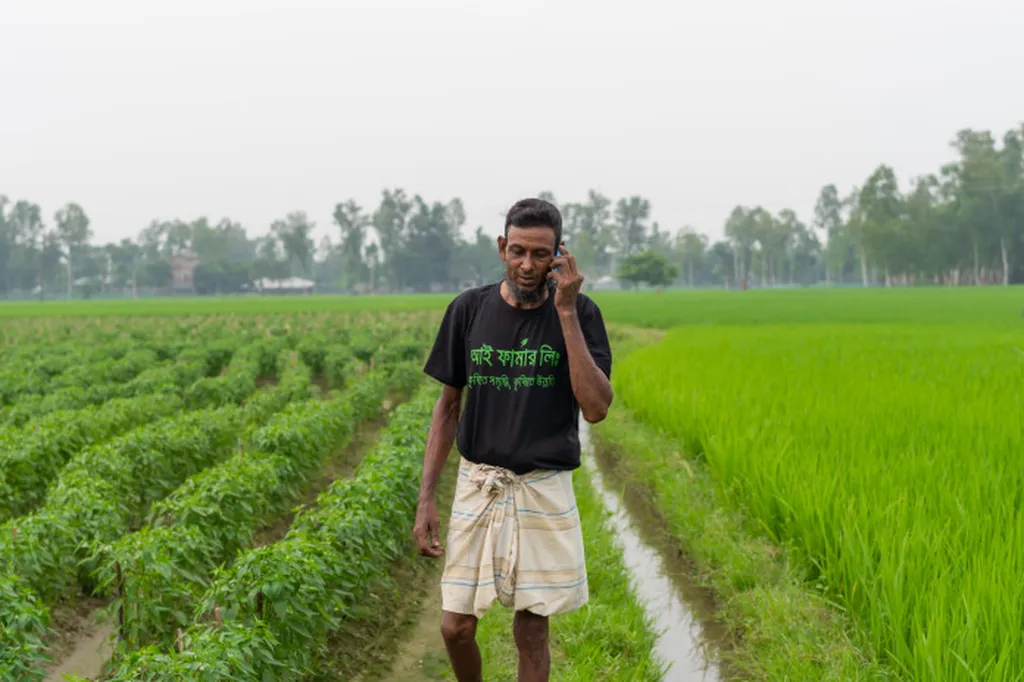In a significant stride towards empowering farmers and enhancing agricultural productivity, a day-long training session on modern agricultural technology was held in Narsingdi today. The event, organized under the “Expansion of Modern Agricultural Technology in Char Areas of Bangladesh” project, aimed to equip farmers with the latest techniques and tools to improve their yields and livelihoods.
The training session, held at the Khamar Bari premises in Bajirmor, was presided over by Mohammad Azizul Haque, Deputy Director of the Department of Agricultural Extension. Ziaur Rahman, the project officer, attended as the chief guest, underscoring the importance of the initiative. A total of 60 farmers, including both men and women, from the char areas of Sadar Upazila participated in the training, which was conducted by Sadar Upazila Agriculture Officer Sakhore Chandra Banik.
The training covered a range of topics, including the use of modern machinery, innovative farming techniques, and sustainable practices. These skills are crucial for farmers in the char areas, where the terrain and climate present unique challenges. By adopting modern technologies, farmers can enhance their productivity, reduce post-harvest losses, and improve the quality of their produce.
The presence of Project Monitoring Officer Md. Rakik Hossain, Additional Deputy Director Salauddin Tipu, and Subrata Kanti Dutta, among others, highlighted the collaborative effort behind the project. Their attendance also emphasized the government’s commitment to supporting farmers and promoting agricultural development in the region.
At the end of the session, agricultural inputs were distributed among 45 farmers. This distribution is expected to provide immediate benefits to the recipients, enabling them to apply the knowledge they gained during the training. The inputs, combined with the new skills, will help farmers increase their yields and improve their economic status.
The training session in Narsingdi is part of a broader initiative to modernize agriculture in the char areas of Bangladesh. These regions, characterized by their riverine landscapes, have long been marginalized in terms of agricultural development. By focusing on these areas, the project aims to bridge the gap and ensure that all farmers, regardless of their location, have access to the tools and knowledge they need to succeed.
The implications of this training extend beyond the immediate participants. As farmers adopt modern technologies and share their knowledge with their communities, the benefits will ripple through the region. Increased productivity and improved livelihoods will contribute to the overall economic development of the area, creating a positive cycle of growth and progress.
In conclusion, the training session in Narsingdi represents a significant step forward in the efforts to modernize agriculture in Bangladesh. By empowering farmers with the latest technologies and techniques, the project is not only enhancing productivity but also improving the lives of those who depend on agriculture for their livelihoods. The success of this initiative will serve as a model for similar projects in other regions, paving the way for a more prosperous and sustainable agricultural sector in Bangladesh.

